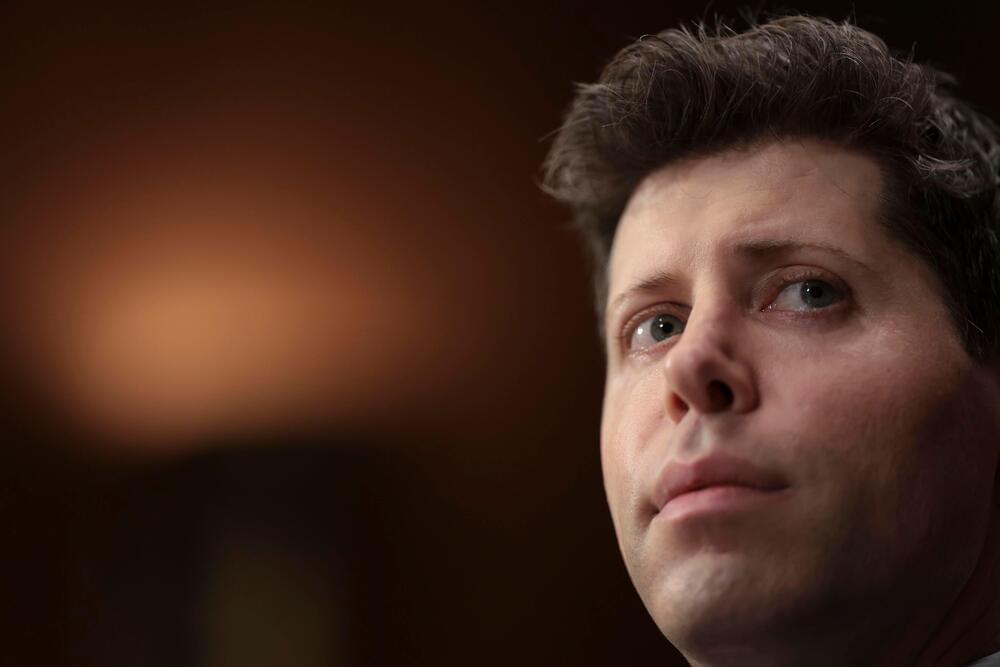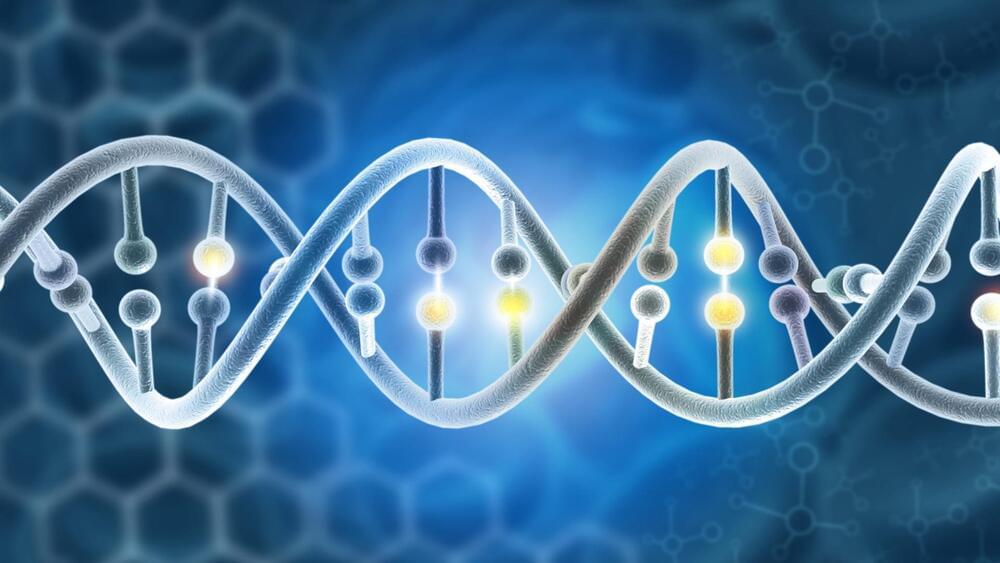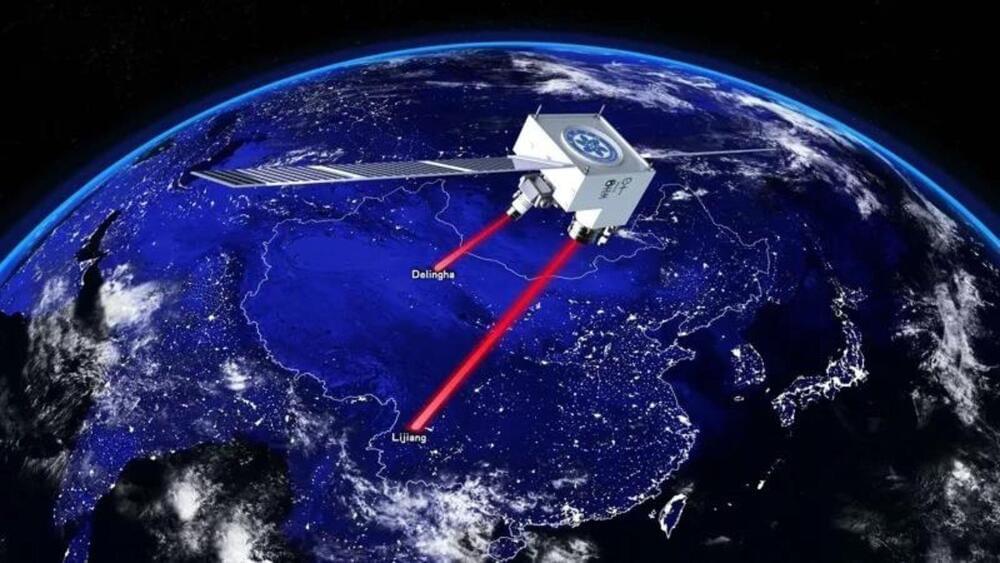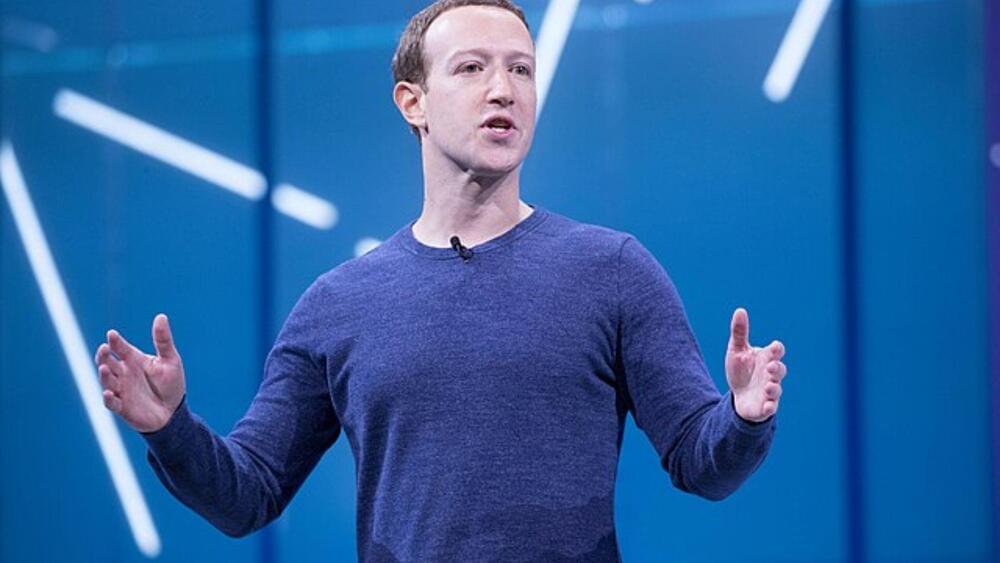In the modern digital age, where data flows freely and sensitive information is constantly in transit, secure communication has become essential. Traditional encryption methods, while effective, are not immune to the evolving threat landscape. This is where quantum key distribution (QKD) emerges as a revolutionary solution, offering unmatched security for transmitting sensitive data.
Image Credit: asharkyu/Shutterstock.com
The idea of quantum key distribution (QKD) dates back to Stephen Wiesner’s concept of quantum conjugate coding at Columbia University in the 1970s. Charles H. Bennett later built on this idea, introducing the first QKD protocol, BB84, in the 1980s, using nonorthogonal states. Since then, it has matured into one of the most established quantum technologies, commercially available for over 15 years.






